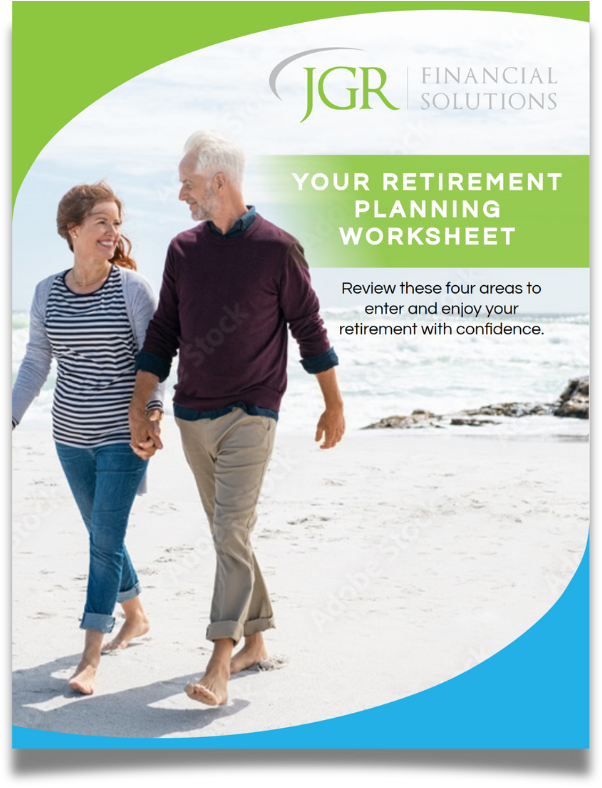Retirement marks the beginning of a new chapter in life—a time to relax, explore new interests, and enjoy the fruits of your labor. However, transitioning to retirement requires thoughtful planning and preparation. Whether you’re single, married, or otherwise, this guide will help you navigate the essential decisions before and during retirement, the importance of maintaining strong relationships, planning for uncertainties, creating a retirement budget, and prioritizing your physical and mental health.
1. Key Decisions Before and During Retirement
As you approach retirement, several crucial decisions will shape your experience:
When to Retire: Deciding when to retire is one of the most significant choices you’ll face. Consider your financial readiness, but also take into account your emotional preparedness. Some may choose to retire as soon as they’re financially able, while others might continue working part-time or delay retirement to achieve certain goals.
Where to Live: Retirement may prompt you to reassess your living situation. Whether you plan to downsize, move closer to family, or relocate to a different climate, each option carries financial and lifestyle implications. Consider your preferences, as well as proximity to healthcare, amenities, and social networks.
Income Sources: Understanding where your retirement income will come from is essential. This may include Social Security, pensions, savings, and investments. It’s vital to have a clear plan for how these income streams will support your retirement lifestyle, ensuring you can cover your expenses and enjoy your retirement years.
Lifestyle Adjustments: Retirement often requires a shift in daily routines. Reflect on how you plan to spend your time—whether through travel, hobbies, volunteering, or part-time work. Knowing how you’ll fill your days can help ease the transition and bring fulfillment.
2. Maintaining Strong Relationships
Retirement can significantly impact your social life, making it essential to nurture and maintain strong relationships:
Stay Connected: Retirement often means leaving behind workplace social networks. To prevent loneliness, make a concerted effort to stay in touch with friends, family, and former colleagues. Join clubs, participate in community activities, or engage in social groups that align with your interests.
Quality Time: While retirement offers more free time, it’s important to balance social activities with time spent on your own. Engaging in meaningful interactions with loved ones—whether through shared hobbies, travel, or simple conversations—can enrich your retirement experience.
Personal Space: Even if you’re spending more time with others, it’s equally important to respect your own need for personal space and solitude. Pursuing individual interests helps maintain a healthy balance and contributes to overall well-being.
3. Planning for Uncertainties
Life is unpredictable, and retirement is no exception. Planning for uncertainties can provide peace of mind:
Emergency Fund: Ensure you have a well-funded emergency savings account. This will serve as a financial safety net for unexpected expenses, such as medical emergencies or home repairs.
Health Care Costs: Medical expenses can be a significant concern during retirement. Make sure you have adequate health insurance coverage, including Medicare and any supplemental plans. Consider long-term care insurance as well, which can help cover costs if you require assisted living or nursing home care.
Estate Planning: Regularly update your estate plan, including your will, power of attorney, and advance healthcare directives. These documents ensure that your wishes are honored and provide clarity and comfort to your loved ones during difficult times.
4. Creating a Retirement Budget
A well-structured retirement budget is essential for maintaining financial stability. Here’s how to create one:
Assess Your Expenses: Begin by listing all your current expenses and identifying which will change or disappear in retirement. Factor in costs such as housing, utilities, food, transportation, healthcare, and entertainment. Also, consider occasional expenses like travel and gifts.
Match Expenses to Income: Compare your projected expenses with your expected income sources. If there’s a gap, you may need to adjust your spending or explore ways to generate additional income, such as part-time work or tapping into investments.
Monitor and Adjust: Your retirement budget isn’t static. Regularly review and adjust it as your financial situation and spending patterns evolve. Staying on top of your budget will help you avoid financial stress and ensure a comfortable retirement.
5. Prioritizing Physical and Mental Health
Retirement provides the perfect opportunity to focus on your well-being. Prioritizing both physical and mental health will enhance your quality of life and allow you to fully enjoy your retirement years:
Stay Active: Regular physical activity is key to maintaining health and mobility as you age. Whether it’s walking, swimming, yoga, or other exercises, find activities you enjoy and make them part of your routine.
Mental Stimulation: Keeping your mind active is just as important as physical exercise. Engage in activities that challenge your brain, such as reading, puzzles, learning new skills, or taking up a new hobby. Staying mentally sharp contributes to overall well-being.
Social Connections: Strong social connections are vital for mental health. Make an effort to stay engaged with friends, family, and community activities. Combatting loneliness in retirement is essential for maintaining a positive outlook and emotional health.
Conclusion
The transition to retirement is a significant life event filled with opportunities and challenges. By making thoughtful decisions, maintaining strong relationships, planning for uncertainties, and prioritizing your health and legal affairs, you can navigate this new phase with confidence. Remember, retirement is not a one-time event but an ongoing journey. Finding the right balance between relaxation and staying active will enhance your experience and allow you to enjoy your retirement to the fullest. Embrace this new chapter with an open mind and a positive outlook, and you’ll find that retirement can be one of the most rewarding times of your life.


